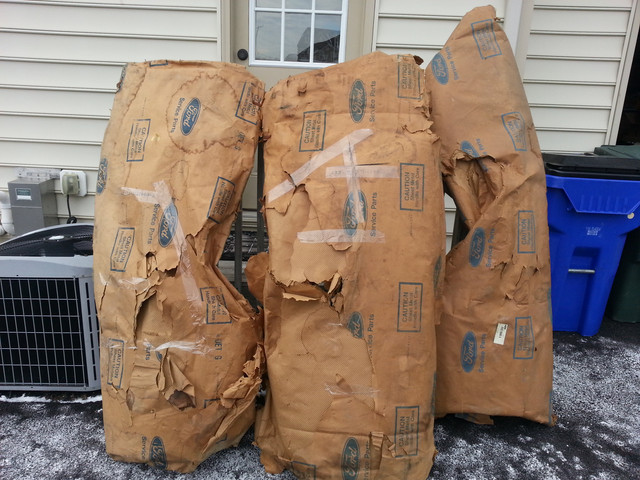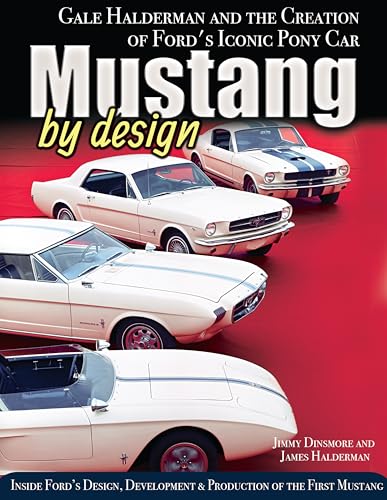It really comes down to how fussy you want to be and how well you take nitpicky criticism. Concours restorations are all about how the factory put things together - not how well you can refinish parts and assemble them. A couple of high volume factories with somewhat loose quality metrics, hundreds of inconsistent suppliers and a wide variety of finishes on what are supposed to be identical parts is what went into these cars at the beginning - that's what you are aiming for. Not the miles deep paint with flawless color matched engine compartment brackets.
Fussy starts at disassembly - note things like markings on bolt heads, bolt finishes, paint colors, shine, are there any markings on it, can you see any tooling marks, just everything. Where is there overspray, where does body color stop and black or slop grey begin? Date codes - oh my god date codes. You can have a new old stock wiper motor that is perfect in every way except for the (*&(^ date code stamped on the side. That's picking nits. Most smaller parts in the engine compartment, like brackets weren't spray painted, they were dipped. So you either need to learn how to make sprayed paint run juuuust right or have a couple of buckets of different shades and finishes of black paint to replicate what was done by the suppliers. Tags, labels, casting numbers, inspection markings, assembly markings, paint codes - it's endless.
So you really need to decide what you want, how you want to use it, and how hard you are willing to work for it. This is one of the reasons you hardly ever see plain Jane 6 cylinder 3 speeds with radio delete and dog dish hubcaps in concours competitions. It's so ungodly expensive and intense to take a 45 year old car to that level that any sane person would want to start with something special or rare. It's also why 118% of all Mustang Mach 1's and Boss Mustangs are still on the road - there is incentive to make something special out of what you are actually starting with (please don't do that by the way... at least not without being Very Up Front about the origin of the restoration). Concours cars are rarely driven, if ever. They get detailed, trailered, judged, trailered back and stowed in a cool, dark place until the next show.
I don't want to sound like I don't like concours restorations - I think they are amazing and they make great points of reference for the rest of us. I am in the middle of something near to that myself. I actually started with a plain Jane 6 cylinder, 3 speed '71 convertible that I bought back in 1980. I'm not restoring that car - I am building the car I want, which happens to be a car that Ford never actually sold. I am trying to make it as concours correct as I possibly can, which means I am trying to use proper finishes, but if I can't find exactly the right part with exactly the right date codes, I'm not going to lose any sleep over it. I don't plan to have the car formally judged when it is finished, but I would like to have some qualified judges take a look and tell me how I did. Then I'm gonna drive the piss out of it.

























































